 Shutterstock
Shutterstock
Dogs may seem happy-go-lucky, but they experience stress just like humans. While obvious triggers like fireworks or thunderstorms can cause anxiety, many unexpected factors can also affect them. Dogs are highly sensitive to changes in their environment, routines, and even their owner’s emotions. If your pup seems anxious, restless, or behaving differently, they may react to a stressor you haven’t noticed. From subtle household changes to shifts in your mood, there are plenty of surprising reasons why your dog might be feeling uneasy.
Changes in Your Daily Routine
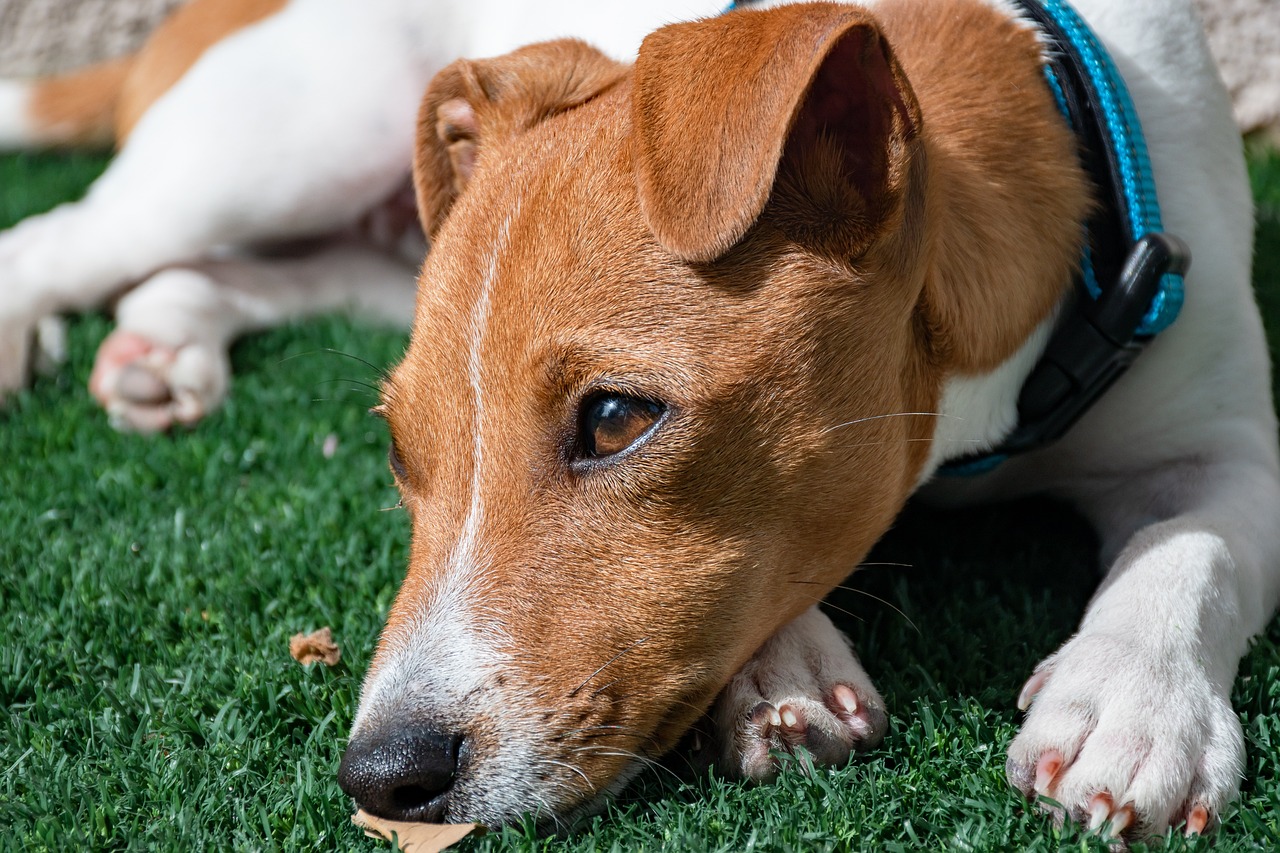 Shutterstock
Shutterstock
Dogs thrive on routine, and even small changes can throw them off. If you start waking up later, working different hours, or adjusting mealtimes, your dog might feel confused and anxious. Their internal clock tells them when it’s time for walks, food, and play, so any disruption to that rhythm can cause stress. They don’t understand why things are different—all they know is that something feels off. Sticking to a consistent schedule as much as possible can help keep your pup feeling secure.
Your Stress and Anxiety
 Shutterstock
Shutterstock
Dogs are emotional sponges; if you’re feeling stressed, they probably are too. They pick up on subtle cues like body language, tone of voice, and even changes in your scent when you’re anxious. If you’ve been through a rough time, your dog might become clingy, restless, or even act out. While they may not understand the details, they know something isn’t right. Taking time to relax, cuddle, and reassure your dog can help both of you feel a little calmer.
Too Much Noise
 Shutterstock
Shutterstock
While it’s no secret that loud noises like fireworks and thunderstorms can terrify dogs, constant background noise can also cause stress. Things like vacuum cleaners, blaring TVs, sirens outside, or even construction work can make your pup uneasy. Dogs have much sharper hearing than humans, so what seems like a tolerable level of noise to you might be overwhelming for them. If your dog seems on edge, try creating a quiet space where they can retreat from the chaos.
Unfamiliar Visitors
 Shutterstock
Shutterstock
Some dogs love meeting new people, but others find it overwhelming when strangers enter their homes. Whether it’s guests, repair workers, or delivery drivers, unfamiliar faces and scents can make a dog feel like their territory is being invaded. They might feel tense even if your dog isn’t barking or hiding. Giving them space to observe from a distance and offering positive reinforcement can help them feel more comfortable with new people.
Moving or Rearranging Furniture
 Shutterstock
Shutterstock
Simply moving your couch or swapping out a rug can stress out your dog. They rely on familiar surroundings to feel safe, and even minor environmental changes can be unsettling. If you’ve recently moved or done a major reorganization, your dog might need time to adjust. Giving them familiar items like their favorite blanket or bed in a consistent spot can help them feel more secure.
Wearing Strong Scents
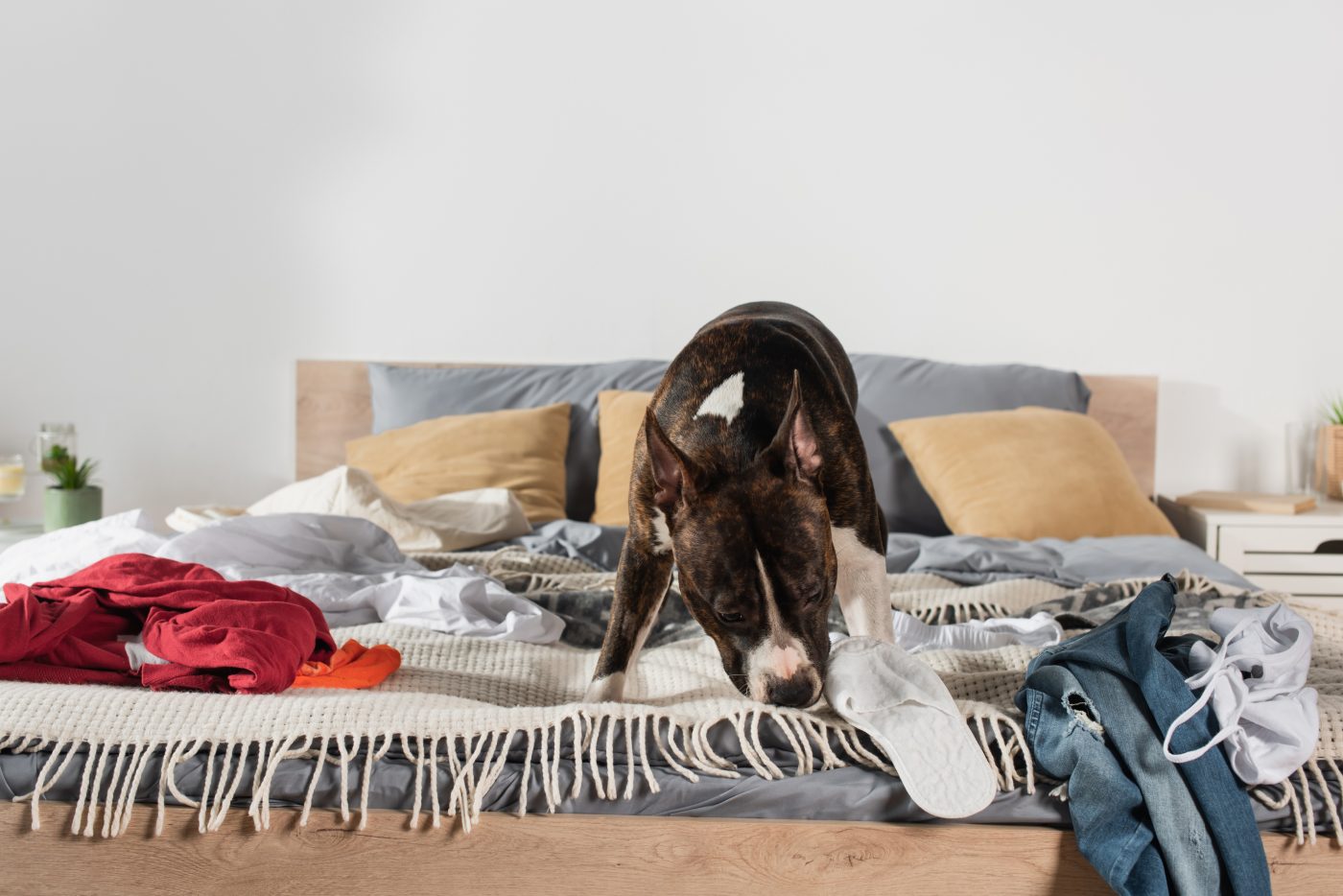 Shutterstock
Shutterstock
Dogs have an incredible sense of smell, and strong perfumes, scented candles, or cleaning products can be overwhelming for them. If you recently switched to a new laundry detergent or doused yourself in a new cologne, your pup might be wondering why you suddenly smell so different. Since scent is a huge part of how dogs recognize people and places, strong artificial smells can confuse and stress them. Opting for mild or natural scents can help keep your dog comfortable.
Boredom and Lack of Mental Stimulation
 Shutterstock
Shutterstock
A bored dog is often a stressed dog. If your pup isn’t getting enough physical exercise or mental stimulation, they may start showing signs of anxiety. Destructive behavior, excessive barking, or pacing are all ways dogs express their frustration. While daily walks are important, dogs also need puzzle toys, training games, or new experiences to keep their minds engaged. Keeping your dog busy isn’t just about burning energy—it’s about keeping their stress levels low.
Overstimulation from Too Much Attention
 Shutterstock
Shutterstock
While dogs love affection, even they have limits. Some pups enjoy constant petting and interaction, but others need breaks to decompress. If your dog is being hugged, petted, or handled too much—especially by children or multiple people at once—they may start feeling overwhelmed. Signs of overstimulation include yawning, licking their lips, or trying to move away. Giving them space when they need it and respecting their personal boundaries can help prevent stress.
Being Left Alone Too Long
 Shutterstock
Shutterstock
Dogs are social creatures, and while some handle alone time better than others, being left alone for too long can lead to stress and anxiety. If your pup suddenly starts chewing furniture, barking excessively, or pacing when you leave, they may be struggling with separation anxiety. Even if you have to be away for long hours, leaving them with engaging toys, background noise, or a pet sitter can help ease their stress and keep them happy.
Your Dog Might Need a Therapist, Too
 MidJourney
MidJourney
Dogs may not pay rent or have work deadlines, but that doesn’t mean they’re stress-free. Their world revolves around routine, safety, and love, so anything that disrupts that balance can throw them off. If your pup has been acting out of character, an unexpected stressor might be at play. Paying attention to their behavior, keeping a steady routine, and giving them plenty of love and patience can help them feel more at ease. After all, a happy dog means a happy home.

 3 weeks ago
12
3 weeks ago
12


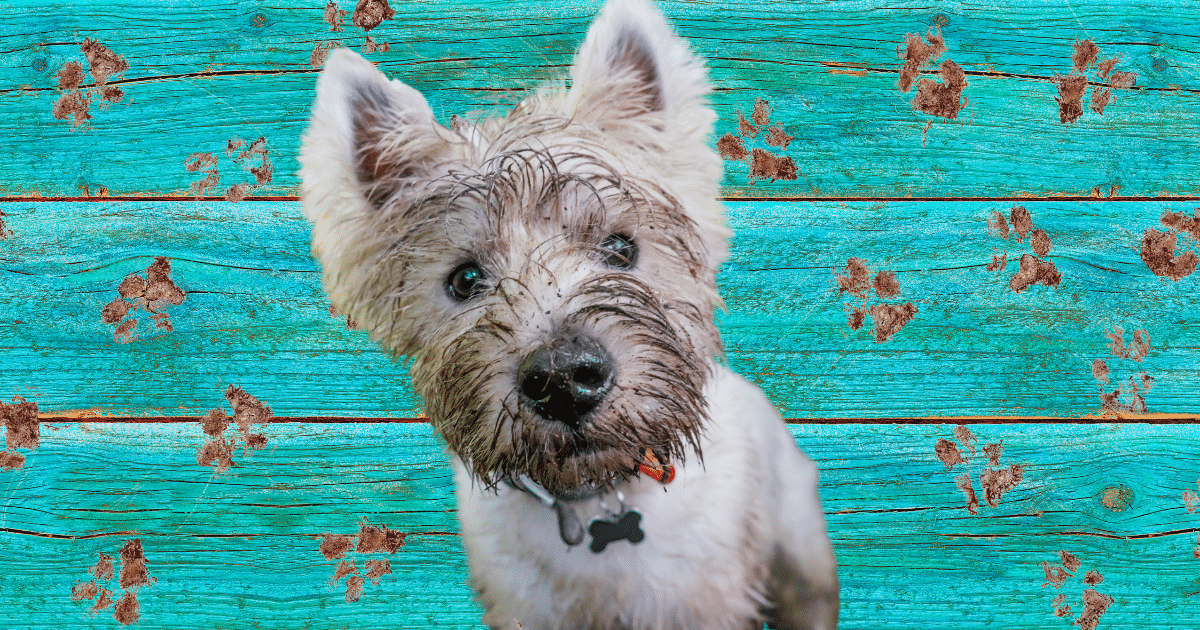

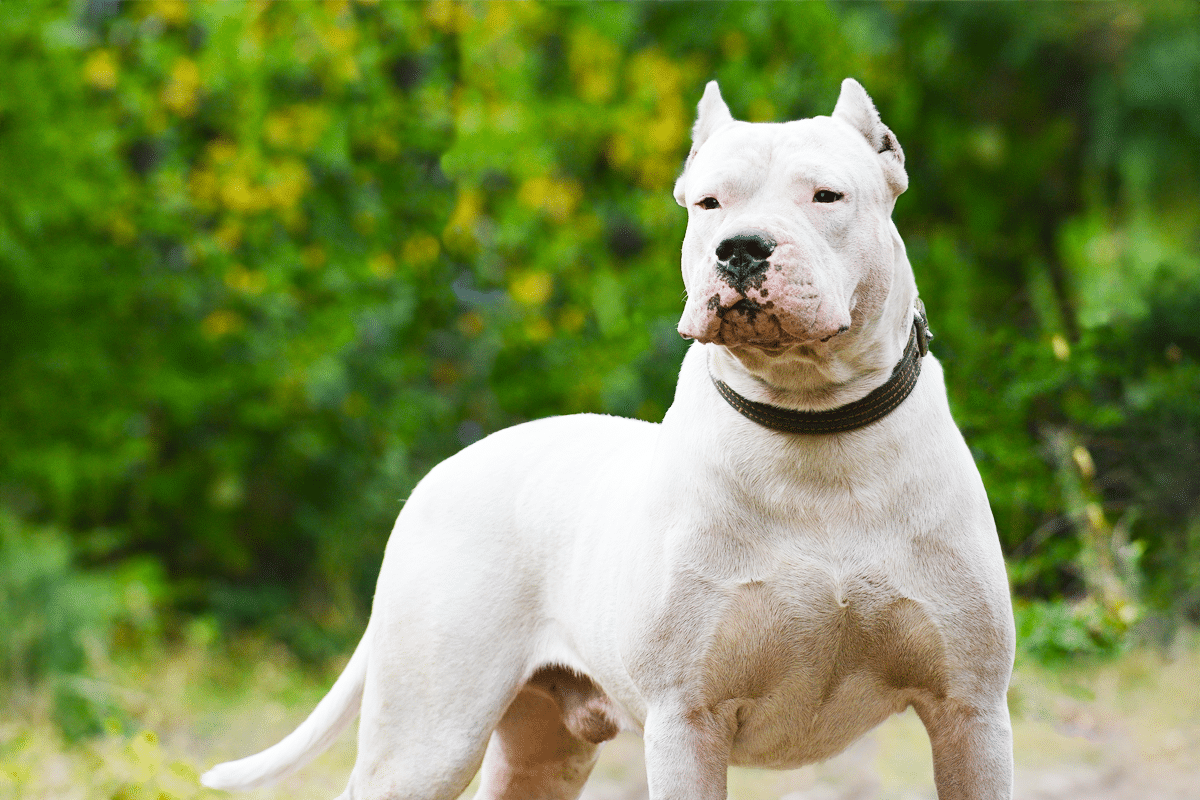
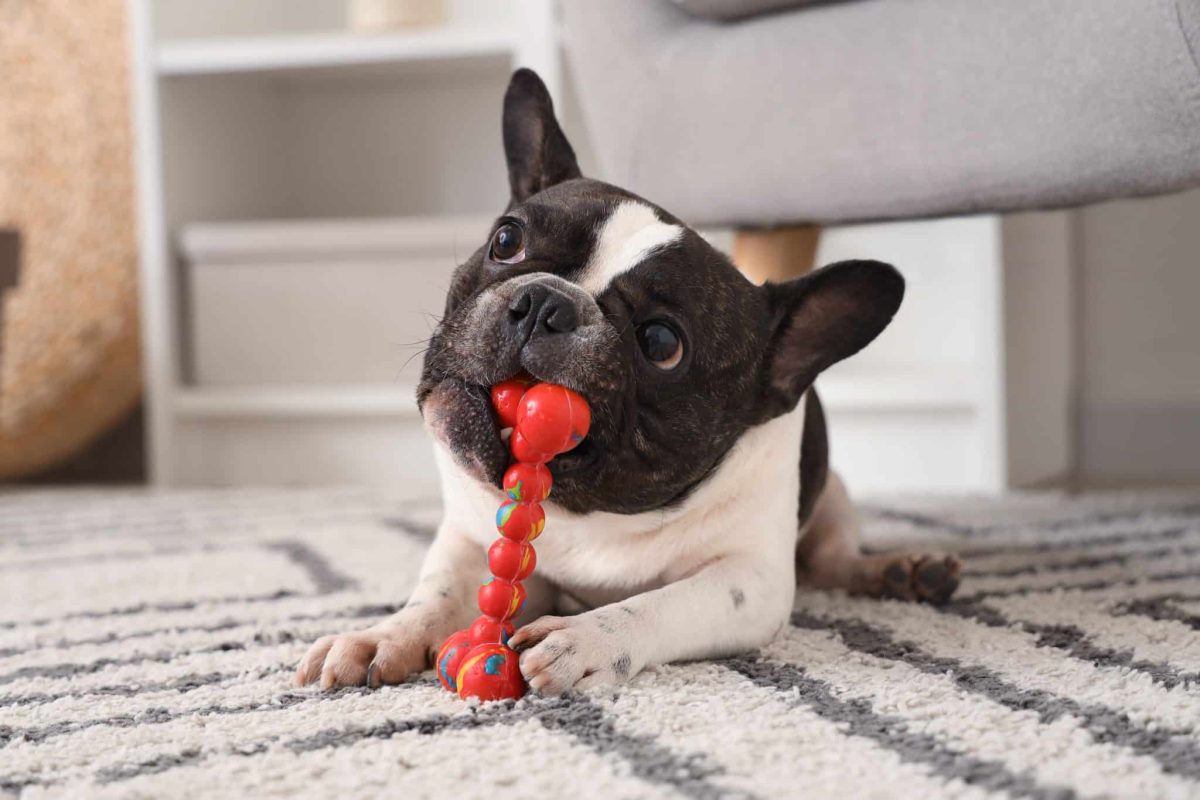


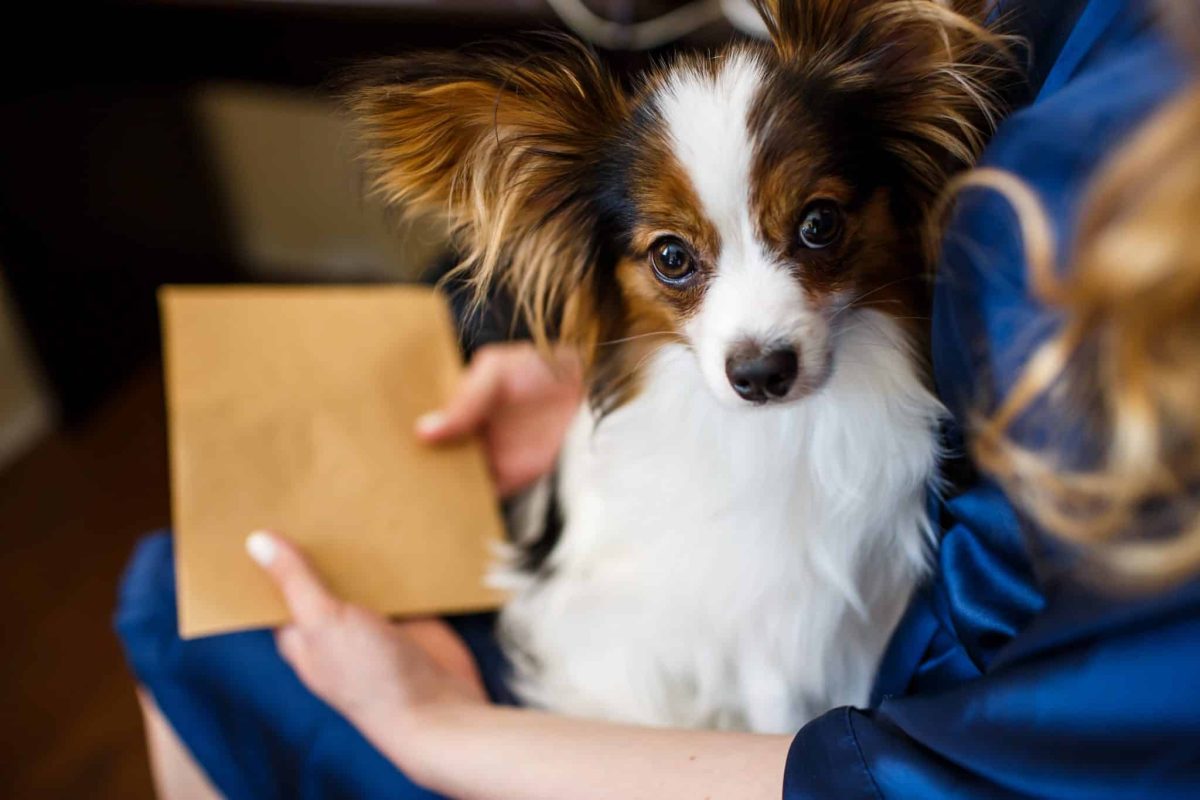









 English (US) ·
English (US) ·